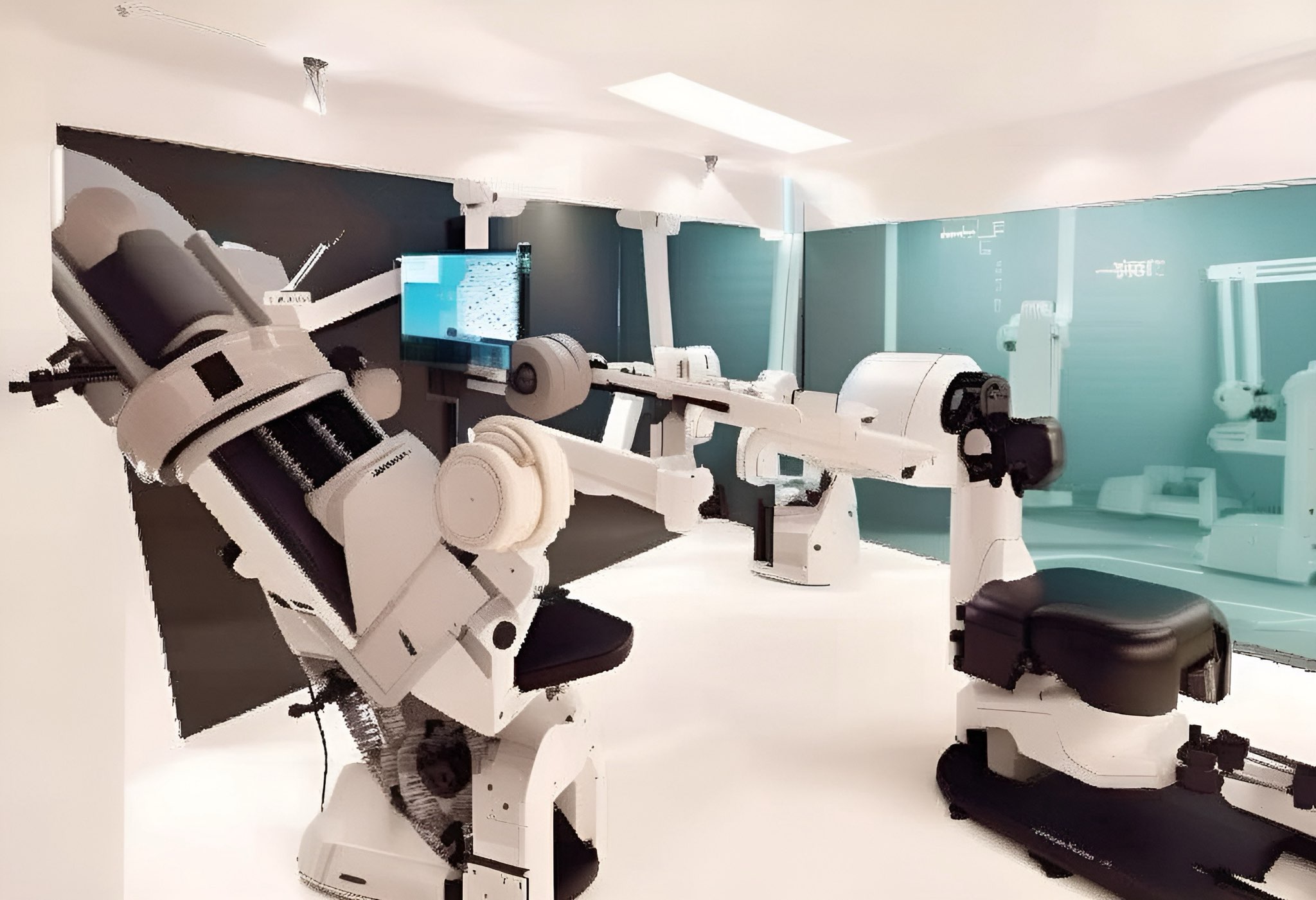
In recent years, automation has infiltrated nearly every aspect of our lives, revolutionizing industries and streamlining processes. The health and wellness field is no exception. The integration of automation technologies in this sector has the potential to significantly impact patient care, medical research, and the overall healthcare experience. From enhanced diagnostics to personalized treatments, let’s explore the changing applications of automation in the health and wellness domain.
- Robotic Surgery and Precision Procedures
One of the most remarkable advancements in healthcare automation is the rise of robotic surgery. Utilizing robotic systems in surgical procedures offers several advantages, including increased precision, reduced invasiveness, and shorter recovery times. Robots equipped with AI can assist surgeons in complex operations, minimizing human error and allowing for more intricate maneuvers. As the technology evolves, we can expect to witness further improvements in surgical outcomes, making procedures safer and more effective for patients.
- AI-Driven Diagnostics and Predictive Analytics
Artificial Intelligence (AI) is proving to be a game-changer in diagnostics and predictive analytics. Machine learning algorithms can analyze vast amounts of medical data, including patient records, imaging scans, and genetic profiles, to identify patterns and detect anomalies that might not be evident to human physicians. AI-driven diagnostics empower healthcare professionals to make faster, more accurate diagnoses, enabling early intervention and personalized treatment plans.
- Telemedicine and Virtual Healthcare
Automation has enabled the widespread adoption of telemedicine and virtual healthcare services. Through video conferencing, remote patient monitoring devices, and AI-powered chatbots, patients can receive medical consultations and follow-ups from the comfort of their homes. Telemedicine not only improves access to healthcare, especially in rural or underserved areas, but also reduces the burden on healthcare facilities and enhances patient convenience.
- Medication Management and Robotics in Pharmacies
Automation has streamlined medication management, ensuring patients receive the right medications at the right time. Automated dispensing systems in pharmacies minimize errors, prevent drug interactions, and increase prescription filling efficiency. Additionally, robotic systems are employed to sort and package medications accurately, allowing pharmacists to focus on patient counseling and care.
- Wearable Devices and Personalized Health Tracking
The health and wellness field has witnessed a surge in wearable devices equipped with sensors that monitor various physiological parameters. From fitness trackers to smartwatches, these devices provide real-time data on heart rate, sleep patterns, physical activity, and more. Coupled with AI-driven analytics, these wearable devices offer personalized insights into an individual’s health, helping users make informed decisions about their lifestyle choices and healthcare management.
- AI-Powered Drug Discovery and Research
Automation is accelerating drug discovery and research processes. AI algorithms can analyze vast databases of genetic and chemical information to identify potential drug candidates more efficiently. This saves time and resources in the early stages of drug development, bringing new treatments to market faster and potentially targeting previously incurable diseases.
7.
As automation continues to permeate the health and wellness field, the benefits for patients and healthcare providers alike are undeniable. The integration of robotic surgery, AI-driven diagnostics, telemedicine, automated pharmacies, wearable devices, and AI-powered drug discovery is transforming the healthcare landscape, making it more efficient, accessible, and personalized.
However, it is essential to strike a balance between embracing automation and maintaining the human touch in healthcare. While automation enhances efficiency and accuracy, the empathy and understanding of healthcare professionals remain crucial in fostering a positive patient experience.
As we move forward, the health and wellness sector must continue to adapt to these advancements responsibly, keeping patient privacy and data security at the forefront. By doing so, we can truly harness the potential of automation to improve global health outcomes and create a brighter and healthier future for all.

Leave a Reply